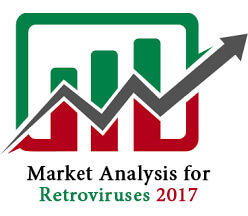
Biography
Biography: Prashant Mule
Abstract
Rationale: Dengue has reached epidemic proportion in Mumbai in the last few years. Significant deterioration in the environmental hygiene and other factors resulting in stagnant water bodies have resulted in increased multiplication of vector Aedes aegypti. Cancer patients seeking treatment at the Tata Memorial Hospital reside in various parts of the city and have become victims of dengue due to this epidemic situation.
Aims/Objectives: To study the prevalence of dengue infections in patients seeking treatment for various malignancies at a tertiary care cancer hospital.
Materials/Methods: From May 2014 to April 2017 serum samples from clinically suspected cases of dengue are sent to the department of Microbiology, for testing. Testing is performed for NS1, IgM and IgG antibodies by solid phase immunochromatogarphy.
Results: There were 11810 samples received for testing for dengue infection during study period. Of these 1136 samples (10.39%) tested positive for dengue infection.
Conclusion: Patients receiving aggressive chemotherapy for malignancies develop thrombocytopenia or pancytopenia. Symptoms of dengue mimic the effects of chemotherapeutic drugs and other infections. Rapid diagnosis of dengue in the current epidemic situation has become an important tool to screen cancer patients with fever and thrombocytopenia. NS1 antigen is a more specific marker for detection of Dengue viral infection. It helps in early diagnosis and treatment prevents the development of severe complications of dengue.

